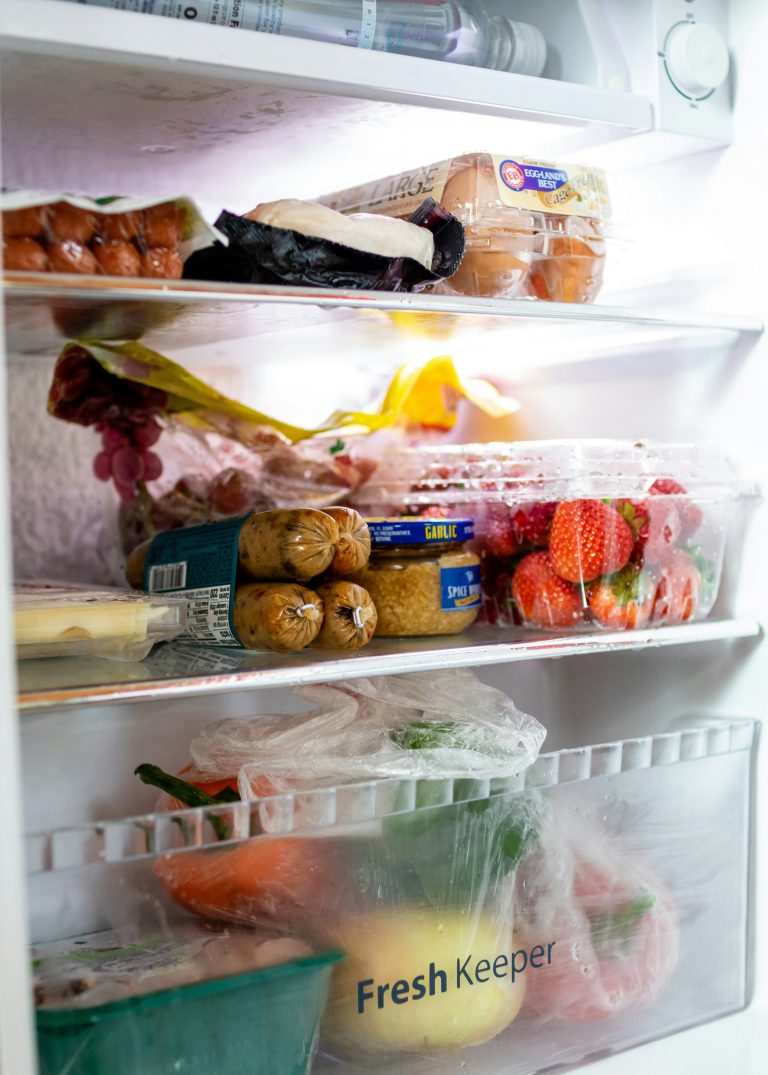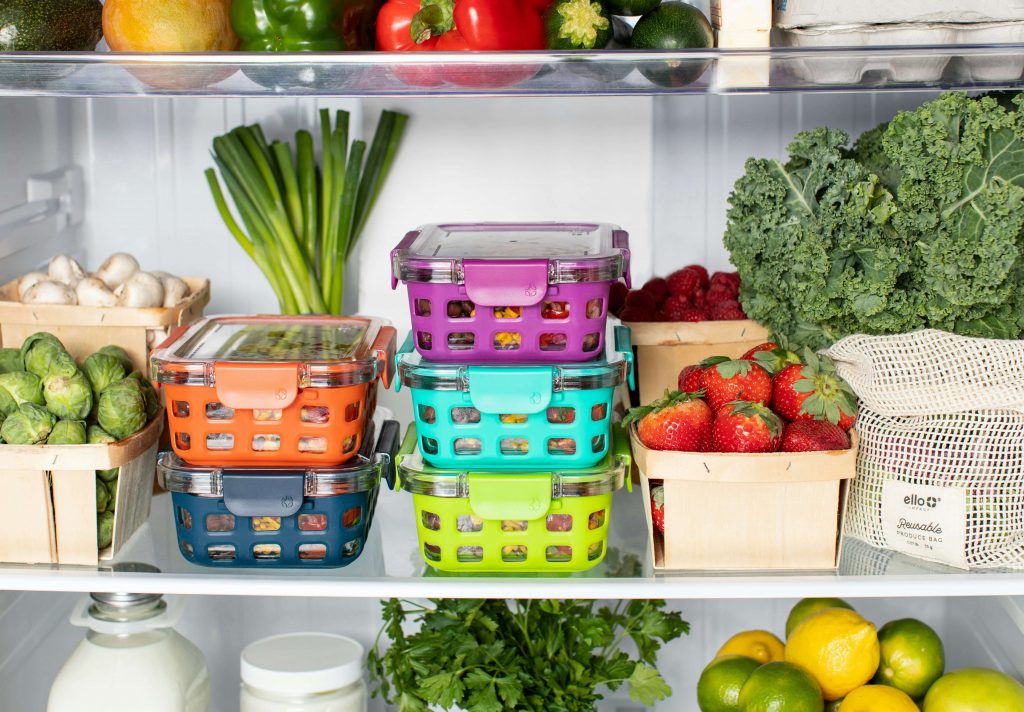Your fridge may feel like the one place where everything can live happily side-by-side, but certain foods don’t get along at all.
Some release gases that speed up spoiling, others absorb smells, and a few can even cause cross-contamination if they’re not kept apart. Knowing what shouldn’t share space helps stretch your groceries further and keeps flavours clean.
Read more: How long food really lasts in your fridge
Here’s a simple guide to the fridge combos you should always separate:
Keep ethylene-producing fruit away from tender produce
Fruits such as apples, pears, peaches, plums, bananas, and ripe avocados give off ethylene – a natural gas that speeds up ripening. While this helps firm fruit soften, it’s tough on delicate produce. Greens, berries, cucumbers, broccoli, and honeydew wilt or turn mushy when exposed.
Store instead: Give ethylene producers their own drawer or shelf, and keep sensitive items together elsewhere.
Separate ripe avocados from anything fragile
A ripe avo in the fridge is perfectly fine – just don’t place it next to greens, berries or any fruit already sensitive to ethylene. One avo can shorten their lifespan by days.
Store instead: Place ripe avocados on their own shelf or in a container.
Never keep raw meat near ready-to-eat foods
Raw chicken, mince, fish, or steak can drip – and even a tiny drop can contaminate fresh produce, leftovers, cheese, or cooked food.
Store instead: Keep raw protein on the lowest shelf, sealed in a container or on a tray to catch any drips.
Seal chopped onions and garlic
Once peeled or chopped, onions and garlic release strong aromas that easily creep into butter, eggs, milk, fruit, and even desserts. They can also lose freshness faster if left exposed.
Store instead: Keep chopped onion and garlic in an airtight jar or sealed container, tucked away from open foods.
Don’t store mushrooms, herbs, or berries near moisture-heavy produce
Mushrooms, berries, and herbs spoil quickly when exposed to extra moisture. Tomatoes and cucumbers have a naturally high-water content – placing them nearby speeds up softening and mould.
Store instead: Keep moisture-sensitive items in breathable or produce-saving containers, away from tomatoes and cucumbers.
Tomatoes and cucumbers don’t belong together
Although they often end up side-by-side in salads, they shouldn’t sit next to each other in the fridge. Tomatoes release ethylene, which causes cucumbers to soften and spoil.
Store instead: Keep tomatoes at room temperature and cucumbers in the fridge’s high-humidity drawer.
Keep strong cheeses away from gentle flavours
Blue cheese and other pungent varieties love to share their aroma – with everything. Butter, eggs, herbs, and mild cheeses easily absorb strong dairy scents.
Store instead: Wrap strong cheeses tightly and keep them in airtight containers, placed far from mild ingredients.
Separate Cantaloupe and Honeydew
These popular summer melons don’t make good fridge neighbours. Cantaloupe produces ethylene, while honeydew is sensitive to it, leading to quick softening.
Store instead: Place each melon on a different shelf or in separate drawers.
A little fridge organisation goes a long way. Keeping certain foods apart preserves freshness, prevents waste, and keeps flavours true. With just a few smart storage habits, your weekly shop lasts longer – and everything tastes the way it should.
ALSO SEE: THE 7 MOST COMMON FRIDGE MISTAKES YOU’RE MAKING
The 7 Most Common Fridge Mistakes You’re Making (and how to fix them)


